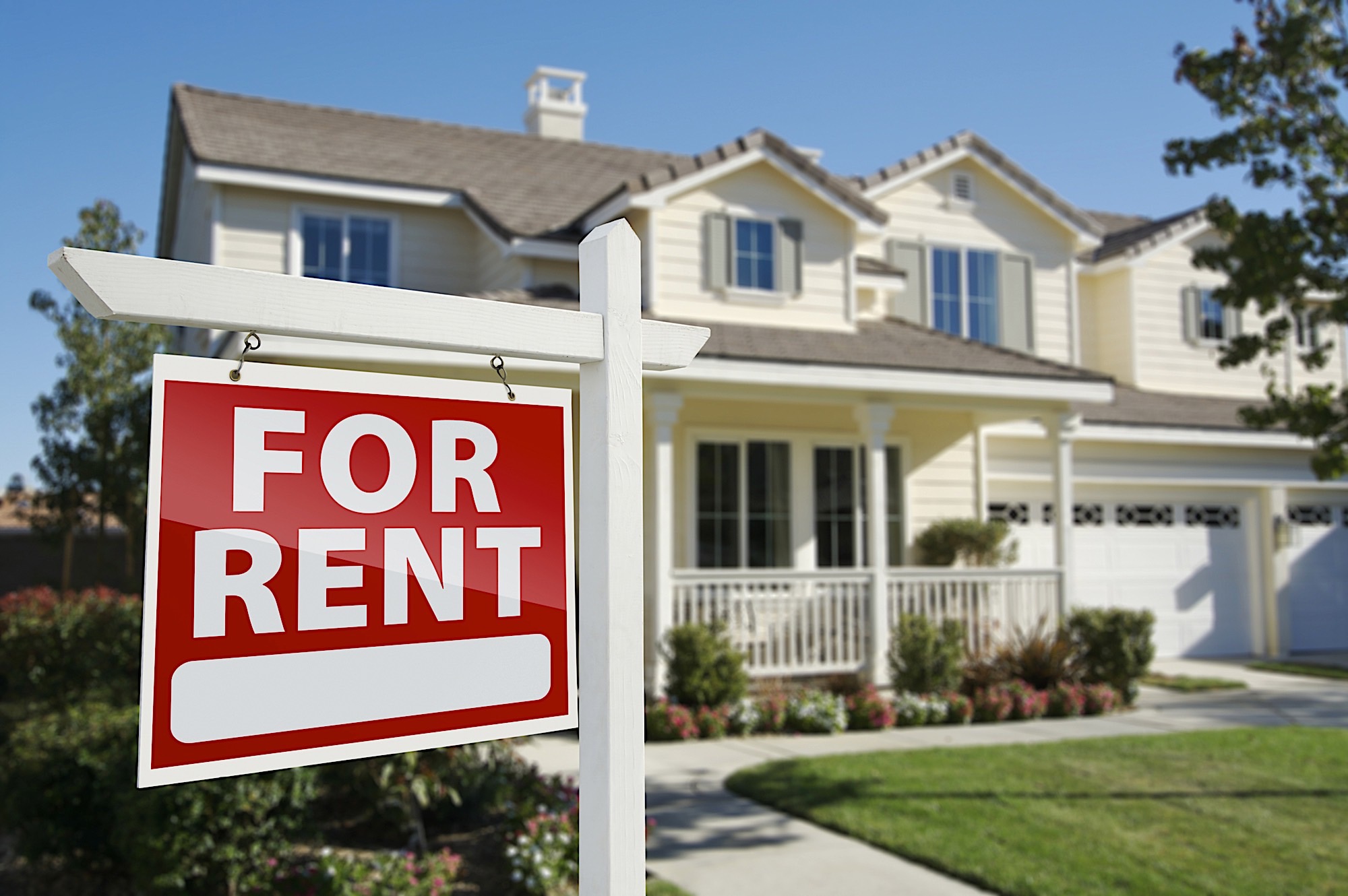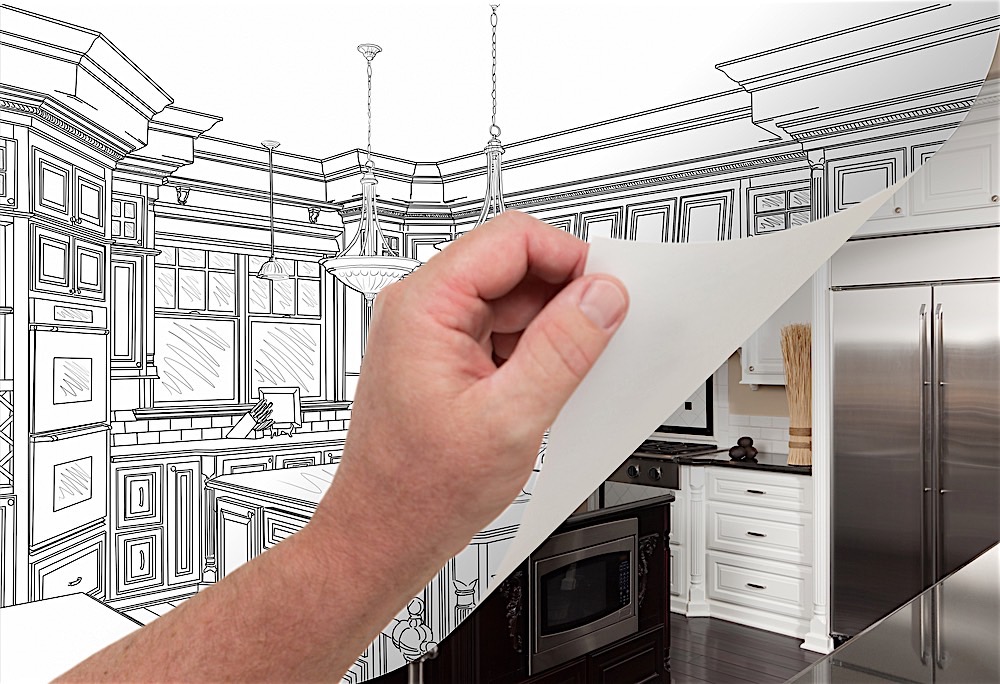There is no greater long term investment in real estate than a quality rental property. The right rental will not only provide short-term cash flow in the way of surplus rents received but can give you the potential for appreciation years down the road. For those that specialize in self-managed properties, they may be able to take advantage of many tax breaks afforded to rental property owners. To maximize your rental property’s bottom line you need to manage it wisely. Ideally, you will have enough cash flow to hire a dedicated property manager and let them run everything for you, but this isn’t always the case. There are many instances when self-managing the rental property makes the most sense.
In this article, CT Homes will explore some of the pros and cons of property management surrounding self-managed rental property and how to handle some of the biggest challenges of self-managing rental properties. With CT Homes’ helpful guide, you can approach your rental property like a real estate professional!
Biggest Obstacles When Self-Managing a Rental Property
To get the most from the property you need to be savvy in a number of key management areas. Depending on the rental property size and type, self-managing a rental property could be a full-time job. Luckily, by knowing which challenges are the most frequently experienced by those who self-manage rental properties, new landlords can better prepare for future obstacles. Here are the five biggest challenges with self-managing a rental property.
1. Finding good tenants
Every rental property revolves around finding good tenants. By finding the right tenants you won’t have to worry about collecting rent or getting phone calls at all hours if something breaks or needs fixing. On the flip side, if your tenant stops paying or constantly causes damage to the property, you will be forced to take action. Most of the problems can be cured by simply taking your time and finding the right tenants. By taking the extra steps to find the best tenants, you can prevent avoidable roadblocks down the line.
As difficult as it might be, you need to fight the urge to rent to the first interested tenant that comes along. Develop a screening system so you know as much as possible about who you may be renting to. You will never be 100% certain about a tenant, but with a good application and follow up you can have a pretty good idea. Good tenants can make rental property ownership almost seem too easy at times. Bad tenants will have you question why you ever bought the property in the first place!
2. Maintenance
One of the biggest mistakes inexperienced landlords make is thinking that their rental is indestructible. The reality is that even properties that are updated require time, effort and regular maintenance. It is essential to start building a team you can reach out to when you need them as soon as you take ownership. Every landlord should have a handy person, plumber, and electrician on their contact list. You can bet at some point during the lease you will have a clogged toilet or a dishwasher that stops working. Many property managers will hire an on-site maintenance professional, especially for larger properties with many tenants.
Anticipating tenant needs is an integral part of property management.
How quickly and efficiently you handle these issues goes a long way in building trust with your tenants. If you drag your feet, your tenants will feel you don’t really care about the property. If they feel YOU don’t care about the property, why should they? They won’t be as inclined to go the extra mile to take care of the property’s appliances and facilities, which will ultimately decrease the life of many of the items in it. Neglecting maintenance needs will shorten the useful life of your furnace, dishwasher, washing machine, dryer, and more. Maintenance items will happen on every property. Prepare yourself now for the inevitable.
3. Turnover
Your tenants will not stay in the property forever. Even tenants that love everything about rental eventually move on. When they do, you will have a busy stretch that can be difficult to juggle and maneuver if you don’t know what you are doing. One of the pillars of property management is managing turnover. Turnover management is the process of attending to current tenant needs while also preparing units for future tenants. You must balance finding new tenants while being fair to your existing ones.
Rental property managers should come up with an end-of-lease checklist that can be provided to tenants so they know what needs to be done before move-out and when. Many tenants simply assume they can do some marginal cleaning, hand over their keys, and collect their security deposit. When self-managing a rental property, the move-out checklist should be as detailed as possible so there is no misunderstanding as to your expectations. You should also come up with a timeline and checklist for your incoming tenants. If you need a few days to have the property cleaned and painted, you should make this clear and reflected in your lease. No one wants to move in to find an unprepared unit. To avoid a horrible first impression, make sure both vacating and new tenants are on the same page.
4. Rent collection
Those new to self-managing rental properties might assume that they will receive their rent on time every month. While this could be possible, it is not automatic. There are times when you will have to chase the rent check for a few days, a few weeks, or possibly longer. Some tenants may notify you that they’ll be paying late, but others could try to avoid you altogether. How you go about this can either defuse the situation or worsen things.
If you leave demanding voicemails on the first of the month, you run the risk of angering your tenants and extending the problem. However, if you don’t do anything, your tenants may feel they can send the rent whenever they please and do what they want in the meantime. There is a delicate balance in being stern without overplaying your hand. This is a skill set that those who self-manage rental property will develop and use regularly over time.
5. Upkeep
Ultimately, rental property is a substantial investment and should be treated like an asset. Like any other asset, you need to build on it to maximize its value constantly. Every year you should perform maintenance on the furnace, HVAC, water heater, and more. Additionally, you should plan on cleaning the gutters, painting the walls, and updating one major item every year. The longer you avoid these items the more they add up and the more expensive they become down the road.
In areas of high demand, your rental property will be compared to the other properties in the market. If yours is worn down and not taken care of it will be reflected in the demand, and ultimately the rent received. To maximize your investment and assure you’re self-managing the rental property correctly, make sure to keep up with how tenants feel living there.
We can close quickly! Get an easy, no-nonsense cash offer for your property today! Click Here!
Tired of Self-managing a Rental Property? Sell Fast with CT Homes!
One of the great things about investing in real estate is that anyone can do it. However, you need to know exactly what you are getting into and how to run a rental before diving head-first into one. If you’ve decided self-managing a rental property is the best choice, these best practices are a great guideline for success. As both a landlord and property manager, it can often be challenging to balance the many monthly requirements needed for a rental. But by properly anticipating tenant needs and finding the right tenants for your property, you can approach self-management like one of the professionals while saving thousands in management fees. If you’re considering selling your rental property (or are just curious about what you could get for it), CT Homes is here to help!
CT Homes specializes in CASH AS-IS offers to help expedite the real estate experience. Contact CT Homes today to learn more!







